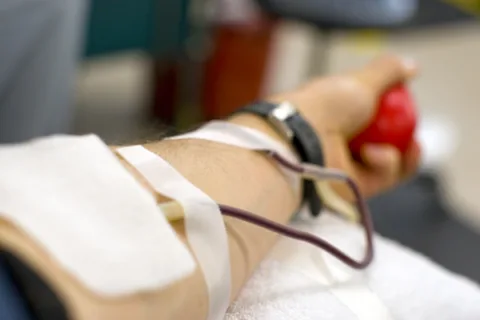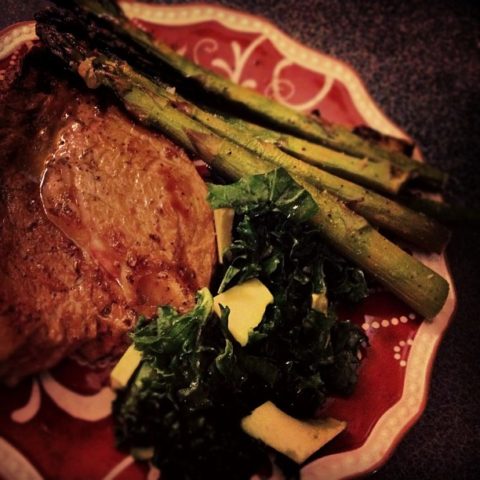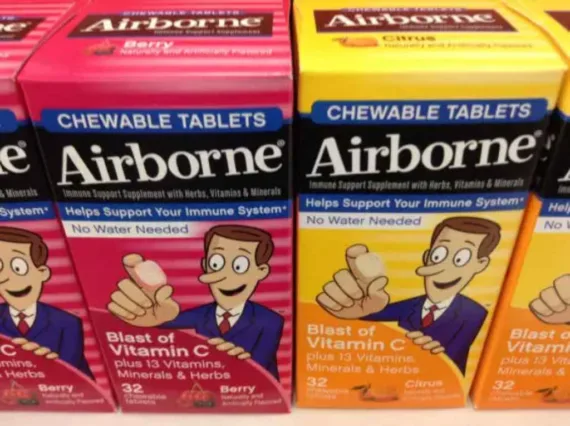Are you nervous about donating blood?
If you’ve had a negative reaction in the past – such as bruising, feeling weak, or even blacking out – it’s not surprising that you’d be wary of donating blood again.
Following are 5 simple things you can do to avoid negative side effects when giving blood.
Did you know?… 1 blood donation can save as many as 3 lives!
#1 – Catch Up On Your “Zzz”s
If you’re short on sleep, donating blood can make you feel like a ton of bricks has landed on you.
So hit the sack early and get a full night’s rest.
If you’re donating in the afternoon, indulge in a power nap about an hour before heading to the blood donation site, if possible.
#2 – Take Time For Breakfast
A full belly helps prevent feeling light-headed during and after giving blood.
Start the day with a hearty breakfast. Skip the fried sausages, though: too much fat in your bloodstream can interfere with the tests that are conducted on your donated blood.
Opt for a low-fat but yummy meal — like eggs benedict or savory wholewheat crepes.
#3 – Guzzle Plenty Of Fluids
Nobody likes having a needle sticking out of their vein any longer than usual, but dehydrated donors can take 3 times as long to finish giving blood.
That’s because having enough fluids in your system make it easier to find the vein and to draw blood. Drink lots of water and juice for a couple of days before you donate your blood.
TIP: Take a break from coffee and tea. Caffeine is a diuretic and will cause all that water you’ve been sipping to pass through you too quickly.
#4 – Eat Like Popeye
Iron-rich foods such as dark leafy spinach will increase your iron levels.
This is important because if your blood is low in iron, you may not be allowed to donate blood. You’ll need to have a hemoglobin count of over 12.4 grams per deciliter.
In addition to leafy greens, iron-rich foods include lean beef, fish, raisins, dates, prunes, eggs, and fortified cereals.
If your count usually runs low you can take some iron supplements a few days before you go as well.
#5 – Take It Easy
Follow up your donation with a high-protein meal — such as a chicken sandwich or a bowl of lentil soup.
Also, drink lots of water to replace the fluids you’ve lost. And get lots of rest.
Once you give blood with no adverse reactions, you’ll be more likely to do it again — especially when you realize that your blood has the potential to save 3 people’s lives!
Just follow the precautions above to ensure that your experience is painless and easy.








